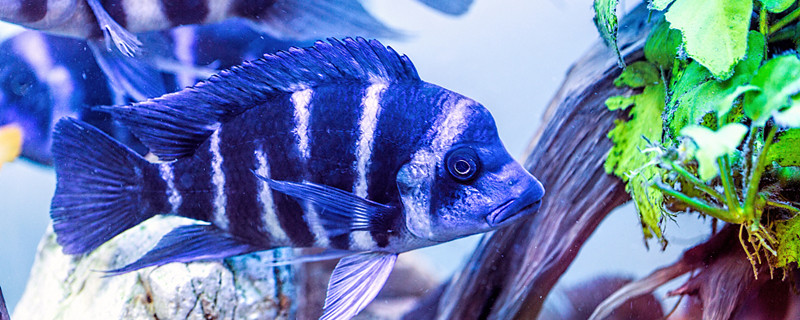
Fish is a vertebrate. Vertebrates refer to animals with vertebrates. All fish meet this condition. Taxonomically, fish belong to the subphylum Vertebrata of the phylum Chordata, which is mainly divided into four classes, namely, Osteichthyes, Chondrichthyes, Agnatha and Placoderma.
1. Osteichthyes: Most of the existing fish are osteichthyes, which are characterized by hard bones in the endoskeleton, upper and lower jaws, and hard scales or bone scales. Because bone is harder, it is more resistant to pressure, about seven times that of cartilage. The gill septum has been reduced, with opercular bone, reproductive methods for in vitro fertilization.
2, Chondrichthyes: Chondrichthyes is commonly known as the cartilaginous fish, the fish's endoskeleton is completely cartilage, no real bone tissue, the body surface has shield scales. They are usually fertilized internally and reproduce as ovoviviparous or oviparous. In addition to the lateral line, its snout also has special skin receptors, which can check the water flow, water pressure and water temperature.
3, Agnatha: Agnatha shape like fish, but no upper and lower jaws, the mouth is funnel-shaped, usually filter feeding, or with the help of horny teeth to eat. The more common fish in this category are lampreys and hagfish, the former with their own horny teeth can be adsorbed to the body of bony fish, sucking each other's blood. The latter generally feed on dead fish and so on.
4, placoderm: placoderm is an extinct fish, with primitive jaws, at the same time the body surface has very thin scales, generally living on the seabed, the body surface has armor.